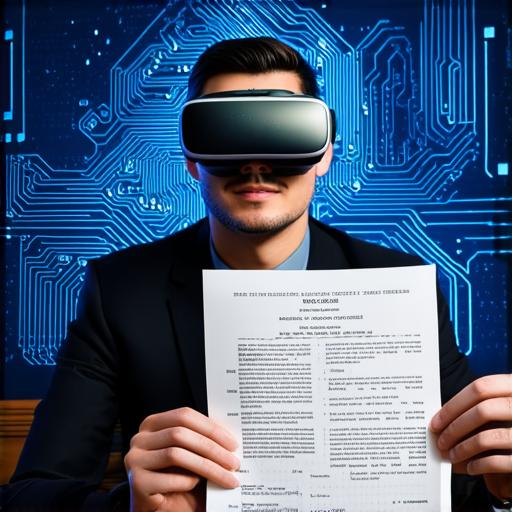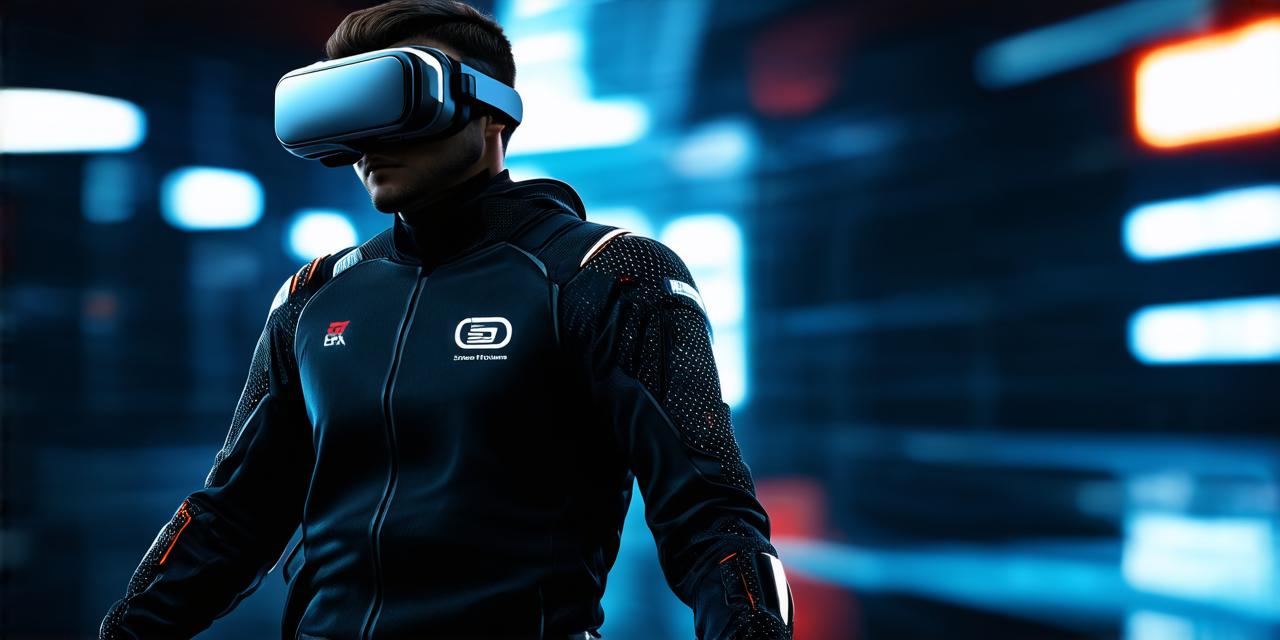Virtual Reality (VR) is an exciting and rapidly-evolving technology that promises to transform the way we interact with digital content.
However, as VR continues to grow in popularity, there are bound to be disputes over ownership of patented technologies and inventions related to VR. In this article, we will explore the complex legal landscape surrounding virtual reality patents and help you understand who owns what.
Introduction

Virtual reality technology is still in its early stages, but it has already made significant strides in recent years. From gaming to medicine, VR is being used in a wide range of applications that require immersive, interactive experiences.
Who Owns Virtual Reality Patents?
Virtual reality patents can be owned by individuals, companies, or universities. In most cases, patents for VR technology are filed by companies that have developed new and innovative ways to use the technology.
For example, Oculus, a company acquired by Facebook, is one of the largest players in the VR market and has filed numerous patents related to their products.
However, individuals can also file for patents related to their own inventions in the field of VR. For example, Shuji Nakamura, a Japanese researcher at the University of California, San Diego, was awarded a patent for a VR headset that uses an LED screen to create a 360-degree image.
There are also cases where patents for VR technology have been disputed or challenged. For example, in 2018, Google challenged a patent owned by Samsung related to a motion tracking system used in Samsung’s Gear VR headset. The dispute was eventually settled out of court, but it highlights the importance of carefully reviewing and challenging patents that may infringe on your own work.
Why is Ownership of Virtual Reality Patents Important?
Ownership of virtual reality patents can have significant legal and financial implications for both individuals and companies. If you are a developer or researcher working in the VR field, it is important to understand the legal landscape surrounding patents in order to protect your own inventions and avoid infringing on the patents of others.
One of the main reasons ownership of virtual reality patents is important is that it can prevent others from using or selling your technology without your permission. This can be particularly damaging for small startups or independent developers who may not have the resources to fight legal battles over patent infringement.
In addition, ownership of virtual reality patents can also affect funding and investment opportunities in the VR field. Investors may be more likely to invest in companies that have a strong portfolio of patented technologies, as these companies are better positioned to protect their intellectual property and defend against legal challenges.
Case Studies: Who Owns What in Virtual Reality Patents?
There are numerous examples of virtual reality patents being challenged or disputed in the industry. Here are a few case studies that illustrate the complex legal landscape surrounding VR patents:
-
Oculus vs. Samsung: As mentioned earlier, Google challenged a patent owned by Samsung related to a motion tracking system used in Samsung’s Gear VR headset. The dispute was eventually settled out of court, but it highlights the importance of carefully reviewing and challenging patents that may infringe on your own work.
-
Vuforia vs.
